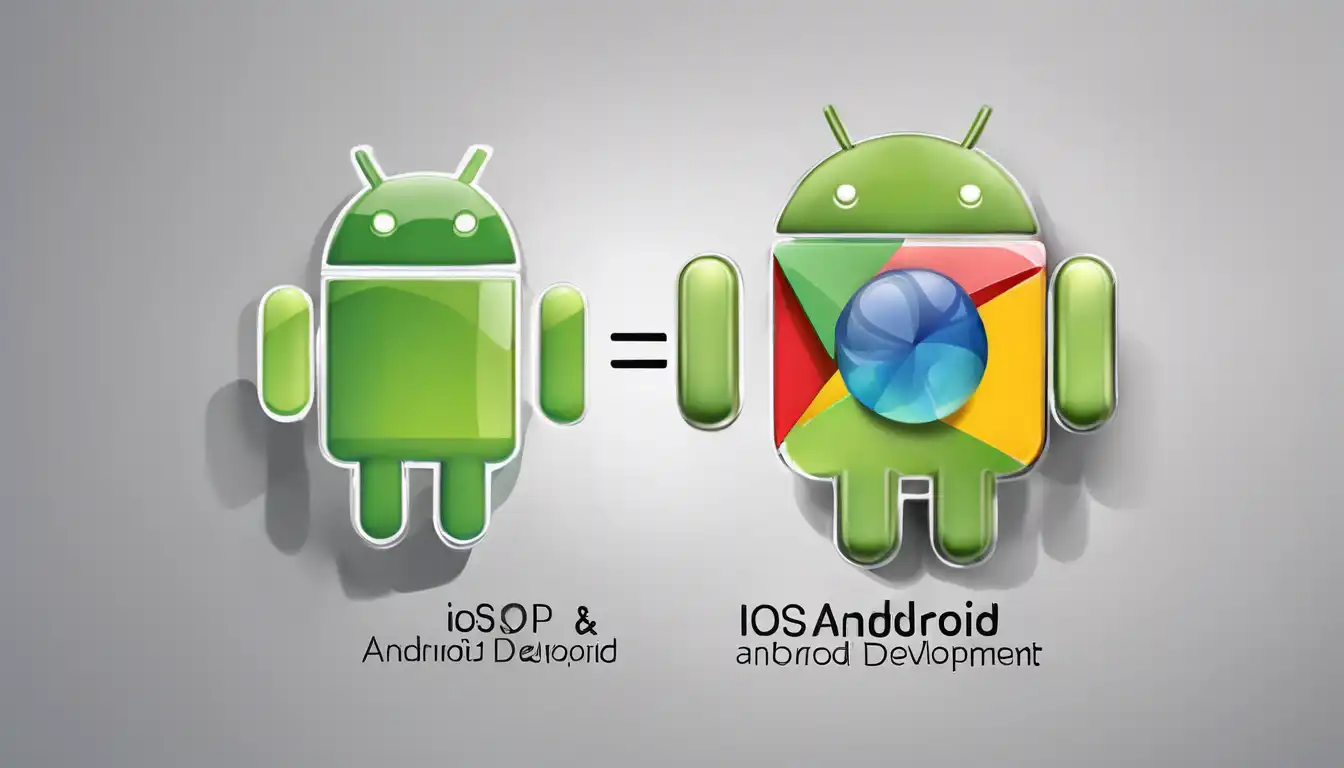Introduction to iOS and Android Development
In the realm of mobile app development, iOS and Android stand as the two dominant platforms. Each has its unique ecosystem, development tools, and programming languages, making the choice between them crucial for developers and businesses alike. This article delves into the core differences between iOS and Android development, offering insights to help you navigate these platforms.
Development Languages
One of the most significant differences lies in the programming languages used. iOS development primarily relies on Swift and Objective-C, while Android development uses Java and Kotlin. Swift and Kotlin are modern languages designed to be more intuitive and safer than their predecessors, offering a smoother development experience.
Development Environments
iOS developers use Xcode, Apple's integrated development environment (IDE), which is exclusive to macOS. Android developers, on the other hand, use Android Studio, available on multiple operating systems including Windows, macOS, and Linux. This difference can influence a developer's choice based on their preferred operating system.
Market Share and Monetization
Android holds a larger global market share, making it appealing for reaching a wider audience. However, iOS users tend to spend more on apps, offering higher revenue potential per user. This economic aspect is vital for businesses deciding which platform to prioritize.
Fragmentation and Compatibility
Android's open nature leads to a wide variety of devices and OS versions, posing challenges in compatibility and testing. iOS, with its limited range of devices and controlled OS updates, offers a more uniform environment, simplifying development and testing processes.
App Approval Process
Apple's App Store has a stringent review process, which can delay app launches but ensures higher quality and security. The Google Play Store has a more lenient approval process, allowing for quicker releases but with potential risks of lower quality apps.
Conclusion
Choosing between iOS and Android development depends on various factors including target audience, revenue goals, and development preferences. Understanding these differences is essential for making informed decisions in the mobile app development journey. For more insights into mobile development, explore our technology section.
